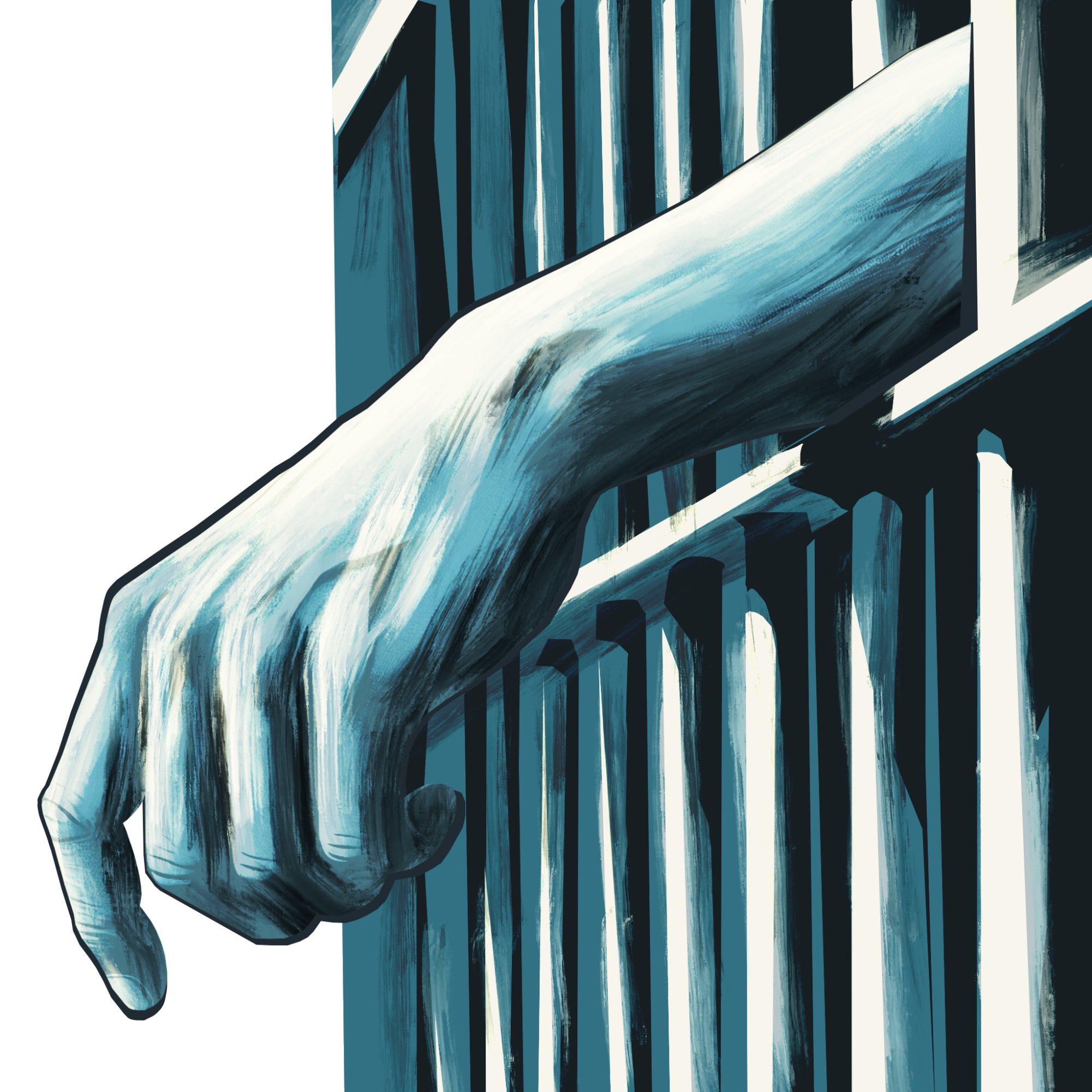California voters rejected Proposition 6, a proposed constitutional amendment that ends involuntary servitude in prisons, with 53.3% of votes for “No”, during the recent November election. The ballot measure needed a majority vote to pass and would have made work assignments voluntary for incarcerated individuals and allowed them to earn time credits for participation.
According to Scholars Strategy Network, 94% of prisoners earn between $0.08 to $0.37 per hour to do menial work such as kitchen work and laundry work assigned to them. However, incarcerated individuals who volunteer to help combat wildfires can get paid up to $10.00 per hour. Additionally, if prisoners do not work, they can get punished for not working.
Tina Curiel, a formerly incarcerated person and the head of communications for the San Francisco-based Center on Juvenile and Criminal Justice, said she was frustrated by the decision.
“(I was) very disappointed, very disappointed,” Curiel said. “(I) really thought that there was an opportunity here for California to step up and right a wrong from a long time ago. And I want to say (I was) surprised. I had hoped that this would be an easy thing for us to vote to overturn slavery that way.”
On the other hand, Will Stover, a junior and campaign intern for District 13 State Senator Josh Becker, said involuntary servitude in prisons can be beneficial for preparing incarcerated individuals for release.
“I think that (involuntary servitude in prisons) really serves as a re-education factor for these prisoners to reintegrate themselves into society… if they’re not being mistreated, (and) if the working conditions are good,” Stover said.
According to Context, California’s rejection of Prop 6 comes at a time when Nevada, Alabama, Oregon, Tennessee and Vermont have moved to ban involuntary servitude.
Although other states have passed similar measures, Curiel said she believes one reason the proposition did not pass was because supporters of prison reform focused more on decreasing drug and felony sentences by opposing Proposition 36.
“At the same time, we were fighting Prop 36, and Prop 36 is like a criminal justice bill that rolled back other reforms,” Curiel said. “We’re worried it is going to be filling jails and prisons and forcing people into those positions.
In addition to the fact that Prop 36 was on the ballot, AP US History and World History teacher Katya Villalobos also said one reason Prop 6 may not have passed was the confusing language used in propositions.
“It’s very confusing, and I completely understand, that if you really don’t want to support something, (you might think), ‘we will just vote no, and people will take care of it later,’” Villalobos said.
However, involuntary servitude is not the only issue connected to this proposition. Villalobos said this prop is connected to reparations in California.
“There is a lot of evidence to say that as a result of the Jim Crow laws that were passed after the Civil War, after Reconstruction ‘failed,’ African Americans, particularly in the South, were incarcerated and served on work gangs, and they built a lot of roads in some of those southern states,” Villalobos said.
Additionally, Villalobos said there is a long history of slavery in prisons, especially regarding African Americans.
“It’s (a) loaded history in terms of how you view incarceration, particularly during that period of 1876 to early 20th century — the increasing rates of incarceration and disproportionately the percentage of African Americans in the South,” Villalobos said. “People were being sent (to) prison everywhere, but in the south, particularly, the percentage of African Americans that were sent to prison and then had to serve on those work gangs (was higher).”
However, Stover also said beneath the issue of involuntary servitude lies a more pressing concern.
“The underscoring issue is that I think that the reason we’re pushing so hard on involuntary servitude is that there’s a huge boom in imprisonment percentages,” Stover said. “I think that that’s really down to the education that we have in our country. I think that there’s not enough focus put on education and access to higher education.”
Curiel said that under current laws, incarcerated individuals are punished for refusing involuntary servitude, which creates a major obstacle for rehabilitation programs.
“With slavery still being allowed under involuntary servitude, people are punished if they try to choose to go to rehabilitation versus their assigned work that they’re getting paid slave labor, wages, if any,” Curiel said. “And so it’s basically condemning them to, ‘Are you not going to get out as soon because you’re not getting to work towards rehabilitation?’”
Because this decision is not a choice incarcerated people should have to make, Curiel said this situation puts incarcerated people in an abusive position.
“We’re putting people in an even worse position that are already incarcerated and denying them a route towards working towards themselves and getting out sooner because rehabilitation counts as good time credits, which would help them get out sooner when they go up for parole,” Curiel said.
Overall, in regard to all California propositions, Stover said it is important for students to research propositions like these to prepare for their futures as voters.
“I really think that we must do our due diligence because we’re going to be a big voice that frankly needs to be heard now,” Stover said. “It’s our civic duty, and I think just educating ourselves and even practicing making those decisions for what prop you want to vote … (is) very important.”
Curiel said she hopes California will pass a similar measure to eliminate involuntary servitude.
“I hope that going forward, we (eliminate servitude) on the next ballot measures,” Curiel said. “I know it’s a long road ahead, but we plan on trying to bring this back, and then eventually we do end involuntary servitude as a legal form of slavery in California.”



Human • Dec 27, 2024 at 11:41 pm
Should be considered an opinion piece as it clearly leans in one direction.